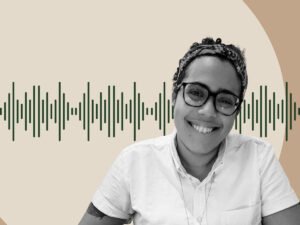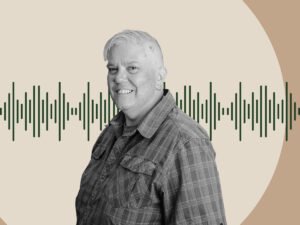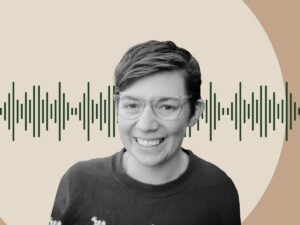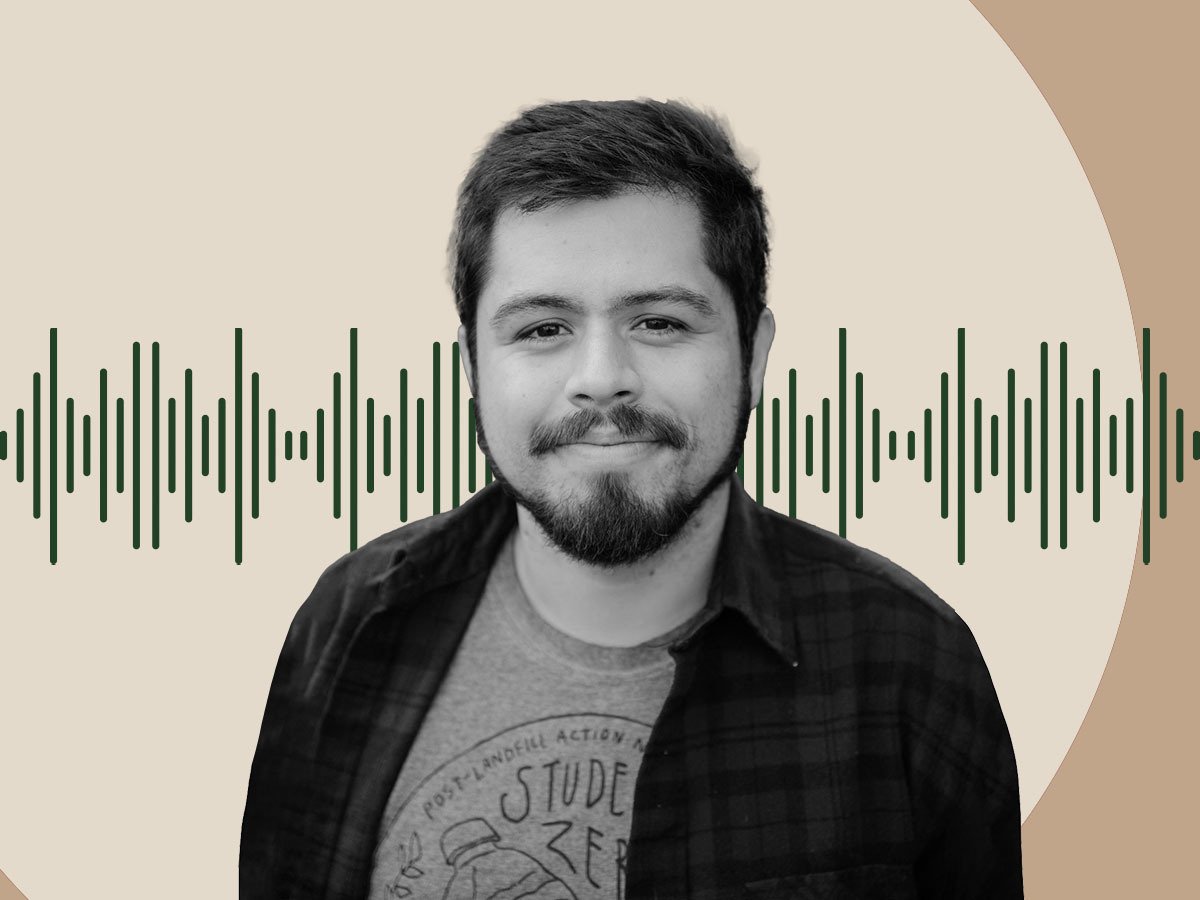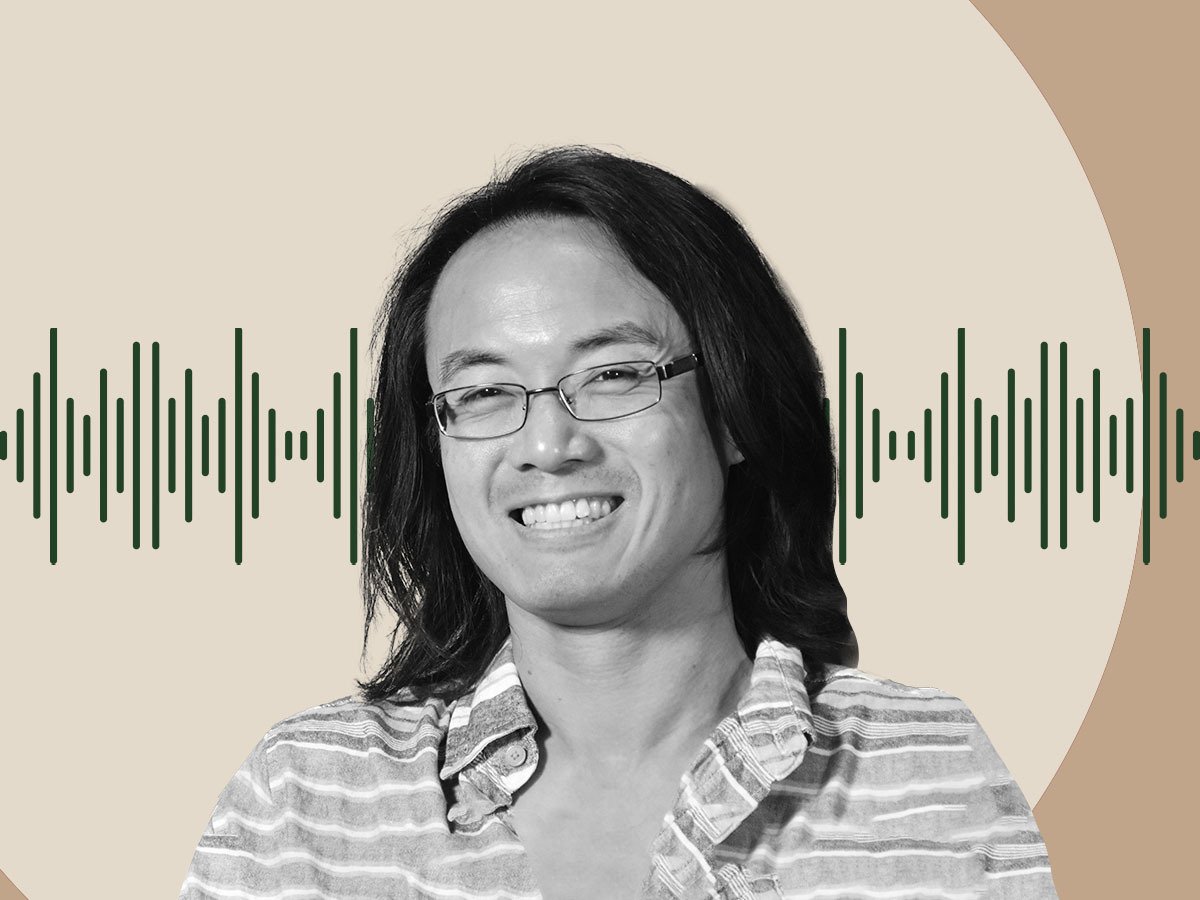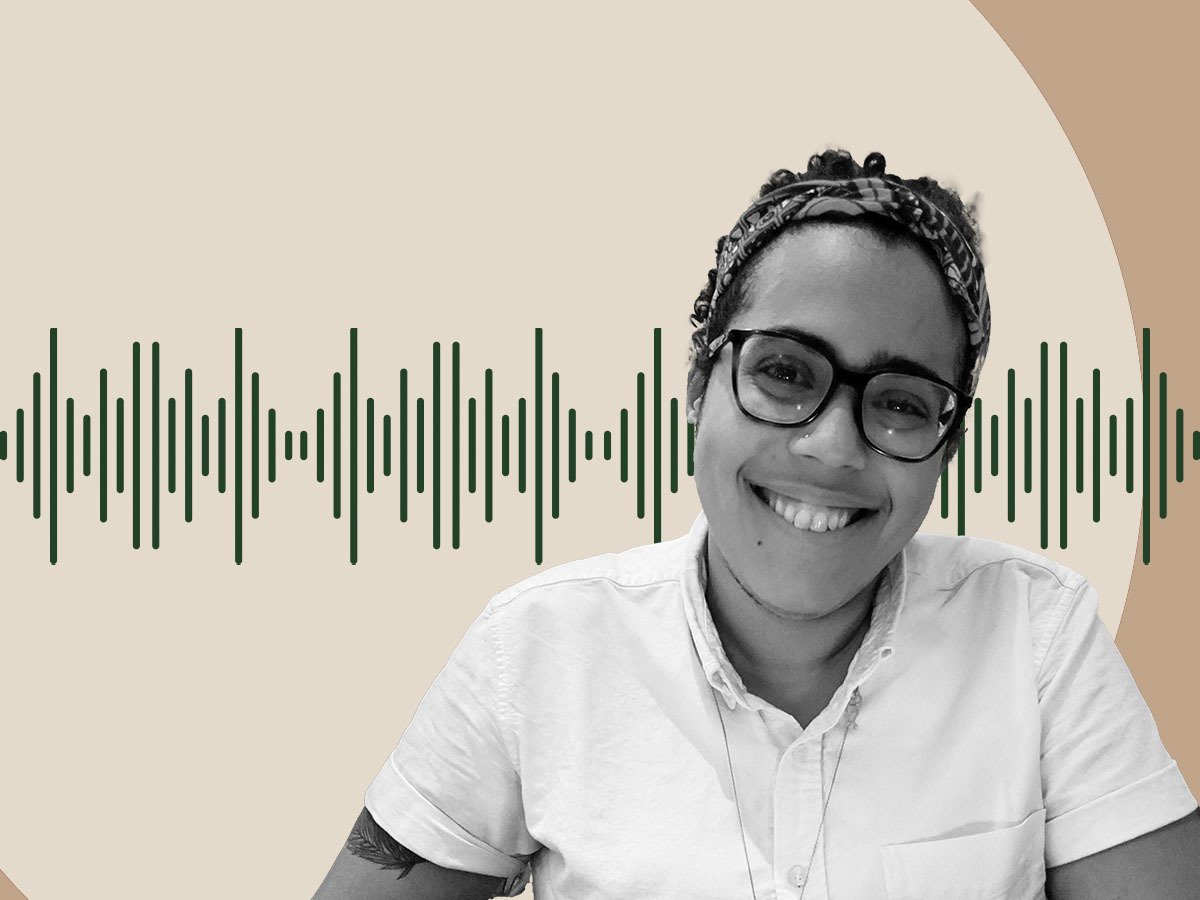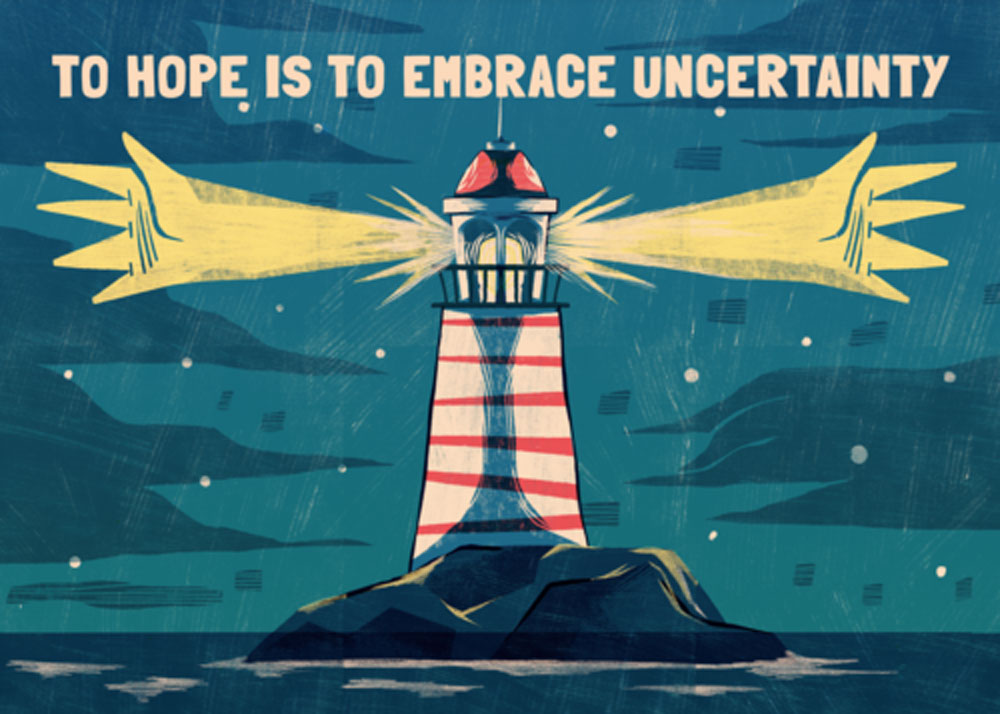
Founded in 2013, KAHAL is a study-abroad organization dedicated to strengthening the community of Jewish college students who want to expand their prospects by studying overseas. (The word “kahal” means “Jewish community council.”) The organization’s goal is to help students connect with Jewish communities in host cities. Operating as a private foundation, KAHAL’s budget had reached almost $700,000 in 2019; it had been able to grow its staff and technology and weave together a world-wide network in support of its mission.
Before the pandemic struck, the nonprofit felt it was well positioned for the future, describing itself as “the premier organization for Jewish study abroad students around the world, helping thousands immerse themselves in Jewish life in 57 countries and 127 cities.”
When COVID-19 spread to Europe and North America in March, KAHAL, like many nonprofits, faced a critical decision as it confronted the quick and harsh impact of the pandemic on lay and staff resources. Clearly, overseas travel was interrupted. From one day to the next, the organization was facing a very uncertain future.
KAHAL’s director of Abroad Experiences, Joey Leskin, described for eJewish Philanthropy what happened during the early days: “Everything has changed as 95 percent of programs closed with universities the world round.”
“We had a choice,” Leskin noted, “suspend programming or…create not only an entirely new program, but also develop a new purpose.”
The long months of crisis put many nonprofit organizations into seemingly impossible positions. KAHAL’s “advantage” was that the services it provided weren’t essential to the community’s immediate welfare. This freed the group to devote resources to prepare for what would come next but didn’t make the choices it had to make any easier.
As the pandemic worsened, KAHAL rejected the common route of going digital. It concluded that it could not replicate, or even approximate, what it was doing before the shutdown. It would be impossible to capture the nature of the service the group provided in the real world, and this failure would cause harm in the long term.
In an interview for NPQ, Executive Director Alex Jakubowski said the group quickly realized, “We shouldn’t be banging our heads against the wall, pretending like every virtual program is as good as the in-person, on-the-ground experience. Most of them are terrible, and they don’t really capture exactly what you hope they will.”
What came next seemed like a binary choice. One option was to protect as much of the organization as possible by going into deep hibernation, laying off staff, and making deep cuts to expenses until things returned to normal. The other was to reinvent services to work within the public health restrictions and hope program beneficiaries would go along.
Initially, KAHAL tried the reinvention path. With students unable to travel, KAHAL looked to some of its domestic partners for opportunities to open doors for students to become volunteers. When KAHAL found that these opportunities were limited, often because the agencies they worked with did not have sufficient PPE [personal protective equipment] supplies to bring students aboard, the organization shifted again.
KAHAL focused on sourcing available PPE and other needed supplies from overseas contacts and connecting suppliers to their nonprofit partners. In the moment, it made sense to Jakubowski because “we were not engaging students and were not doing the work that we were founded to do.” Networking with key partners enabled KAHAL to retain staff; it also bought time to plan and work with funders, building enough stability to allow the group to face an uncertain future.
“We had to make a decision about what we’re going to do. Our board and our staff generally take a growth mindset and are comfortable with risk. We are a results-oriented organization by design. By redeploying our remote staff and our technology, we could put them to a different but good use,” Jakubowski said.
As the group considered its options, KAHAL also found medical professionals to provide mental health support for alumni of its Jewish-abroad programs. Organization staff created support networks for first-year students and their parents who saw their college careers interrupted all of a sudden. This included sourcing internships in Israel and the US for “stranded” student clients in coordination with local partners.
Sign up for our free newsletters
Subscribe to NPQ's newsletters to have our top stories delivered directly to your inbox.
By signing up, you agree to our privacy policy and terms of use, and to receive messages from NPQ and our partners.
However, as important as these short-term efforts were, they could not answer the larger, more difficult question every organization must face in uncertain times: Would there be a place for the group when the crisis ends?
KAHAL’s leadership recognized this new focus was pulling it away from its mission. For Jakubowski, the critical work of the moment was planning for what would happen after the crisis ended. Rather than experiment with other ways to connect to its community, throwing new and untried efforts together to see what might stick under the current restrictions, KAHAL decided to turn inward and consider a post-pandemic future.
“If we really believe in our work, in our mission, in its value, you need to be ready for the moment that it’s going to start up again, and not for a year from now,” said Jakubowski. “But you also need to consider that our organization may not even be necessary. I happen to think it will be, but you don’t know until you start doing that investigation, seeking your stakeholders, and going out and talking to your community. Otherwise, you are really just grasping at straws.”
Seeing the pandemic crisis as an “invaluable time to build and to use these moments to learn and to try to restructure what we do” was a big aha moment. As KAHAL took its new path, the group reached out to its funders. Some were not supportive. But while some donors walked away, enough remained committed and understood how KAHAL was choosing to take a pause and rethink the organization and its work. The group even attracted additional support from those who saw the wisdom of its choice.
“The funders who saw themselves as investors, who saw the horizon five, ten years out realize that we are part of the picture that they’re painting. So, they stayed with us,” said Jakubowski.
Having built that support, the group launched into a full-blown strategic planning process, including engaging an outside consultant to help everyone carefully think through what the future might look like and how, if at all, KAHAL and its mission would remain relevant.
“We are planning for a future you cannot 100-percent understand. That is always true,” Jakubowski said. “You need to plan around what you can control, not what you can’t. There is no right answer—there are many right answers.”
“There are certain elements that we don’t want to change,” he continued, “so we have to build the vision around what we can do and what the future might look like.”
The group also took the opportunity to improve its organizational effectiveness. This included addressing internal weaknesses that were ignored in pre-crisis times under the pressures of meeting pressing client needs. Improvements included building a better database, an enhanced service delivery vehicle, and a deeper bench—things that usually fell to the business back-burner. (If you have the ability to keep your staff employed, Jakubowski believes back-burner projects are exactly what you should be working on.) The organization looks smaller in terms of scope and size from a year ago, but the team has actually remained the same, so staff capacity is still there.
KAHAL, in short, is seizing this moment to look beyond a return to the old normal, instead directing energy toward future plans for fulfilling its mission. The group aims to test how its core purpose can remain relevant under the variety of possible conditions the post-pandemic world may bring. This willingness to consider many possibilities, even some that will not place the nonprofit in a positive position, seems critical to its ability to emerge from months of forced shutdown stronger than before.
Of course, the pandemic is not over, and so we do not know how KAHAL’s story will end. But if there is one thing that COVID-19 has shown us, it is that while we cannot control nor predict the future, it will come regardless. If KAHAL has a lesson to teach the field, it concerns the importance of looking beyond the immediate horizon.
As KAHAL’s board chair, Cydney Topaz, writes in eJewish Philanthropy, “While we recognize the myriad of challenges we face, we also recognize that we are far from alone on this journey. Every organization, whether it wants to or not, will look different after pandemic life fades. What we choose to learn from this moment will determine our response for generations to come; how we choose to learn happens now.”




